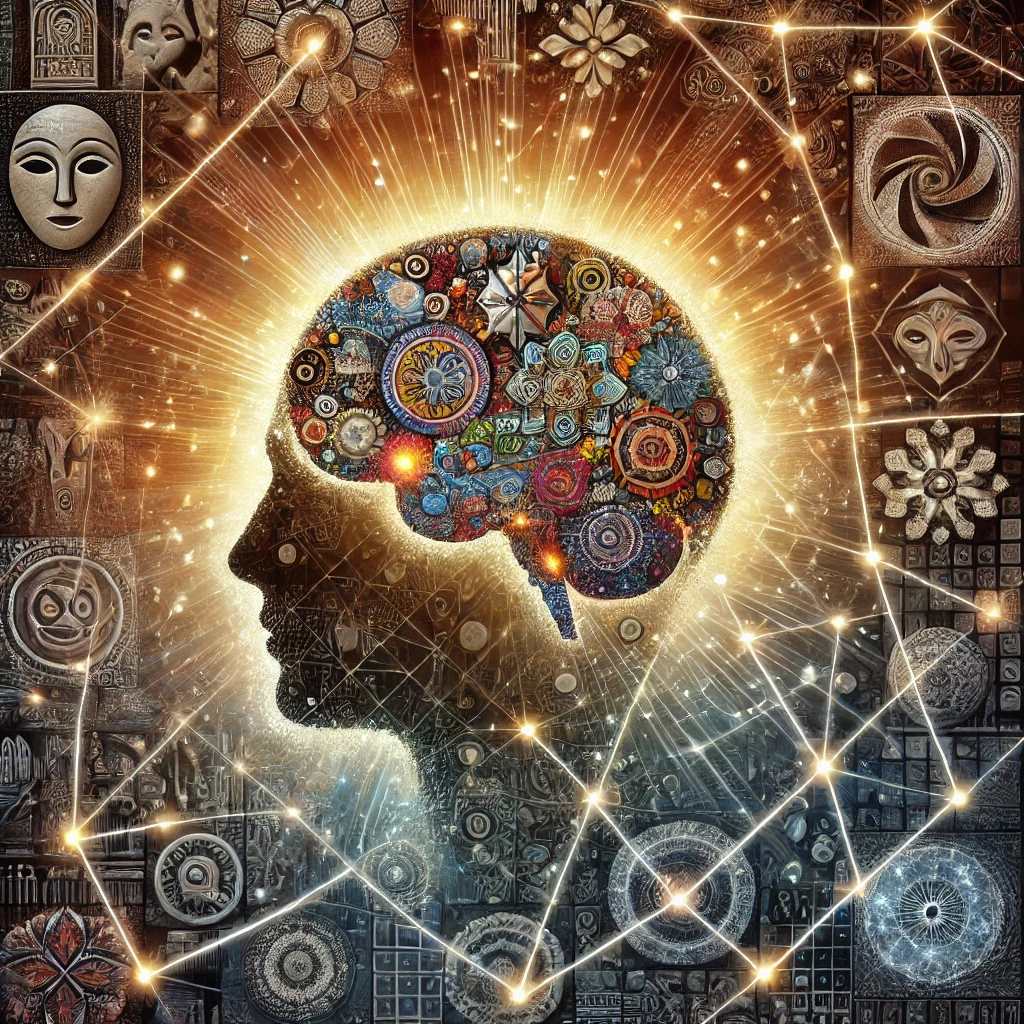When we talk about human psychology and behavior, we often assume that scientific findings reflect universal truths. From how we express emotions to what motivates us to work together, it’s easy to believe that human nature is basically the same everywhere. But beneath the surface lies a startling and often ignored fact: the majority of what we consider “established” psychological knowledge is based on a tiny, culturally specific subset of the global population—those from so-called WEIRD societies (Western, Educated, Industrialized, Rich, and Democratic).
The WEIRD Phenomenon
A huge proportion of psychological studies, especially those that make it into textbooks and media headlines, are conducted on college students in Western countries. These students, often from the U.S. or Europe, represent just a small fraction of the world’s cultural and socioeconomic diversity. Research has shown that individuals from WEIRD backgrounds differ dramatically from the global majority in terms of values, cognitive styles, social interactions, and even basic perceptions of morality, fairness, and self.
For example, Westerners tend to emphasize individualism—viewing themselves as independent agents free to choose their own paths. Many other societies place greater importance on interconnectedness, family ties, and communal responsibilities. These differences influence how people reason about moral dilemmas, interpret others’ intentions, and solve problems. Yet because WEIRD samples dominate research, the resulting “universal” theories lean heavily toward Western norms.
Moral Judgment, Visual Perception, and Beyond
Consider something as fundamental as visual perception. Studies have found that Western participants tend to focus more on individual objects in a scene, while East Asian participants pay closer attention to the context and relationships within that scene. Moral reasoning also differs substantially: certain behaviors deemed morally repugnant in one culture might be met with tolerance or neutrality in another. Even personality traits like “extraversion” or “openness” aren’t always meaningful constructs in societies that don’t share the same cultural frameworks.
Memory, communication style, conflict resolution strategies—nearly every aspect of human psychology can shift based on cultural assumptions. One example that often surprises people: the famous “self-esteem movement,” considered by many Western psychologists as a key to personal well-being, doesn’t hold the same importance or even make sense in cultures where the group’s harmony overshadows the individual’s self-concept.
Why This Matters
This cultural skew isn’t just an academic curiosity; it has real-world consequences. When policymakers, educators, or development agencies rely on these “universal” findings, they might apply solutions that backfire in non-Western contexts. Trying to boost self-esteem as a universal mental health intervention, for example, might not resonate with groups that value humility and collective identity.
By acknowledging this bias, we open the door to a more accurate, global understanding of human behavior. Cross-cultural psychologists and anthropologists are increasingly collaborating, examining how factors like language, religion, economic structure, and ecological environment shape our minds. As they do, they reveal that much of what we take for granted as human nature is actually the product of very particular cultural conditions.
Looking Toward a More Inclusive Science
The good news is that the field is slowly changing. Researchers are making conscious efforts to conduct studies in diverse settings—rural communities in Africa, indigenous groups in the Amazon, nomadic herders in Mongolia—to ensure that the psychological insights we consider “universal” truly stand up to global scrutiny. Technology, too, helps broaden the participant pool, allowing online surveys and remote data collection from populations once inaccessible to researchers.
This emerging body of knowledge will reshape how we think about core human traits, from morality and cognition to identity and social organization. When we acknowledge that our most cited psychological truths are often rooted in a narrow cultural lens, we invite richer perspectives that capture the full tapestry of human experience. In doing so, we move closer to a psychology, a science, and a society that recognize and respect the world’s vast cultural complexity.
References
Henrich, J., Heine, S. J., & Norenzayan, A. (2010). The weirdest people in the world? Behavioral and Brain Sciences, 33(2–3), 61–83.
Arnett, J. J. (2008). The neglected 95%: Why American psychology needs to become less American. American Psychologist, 63(7), 602–614.

